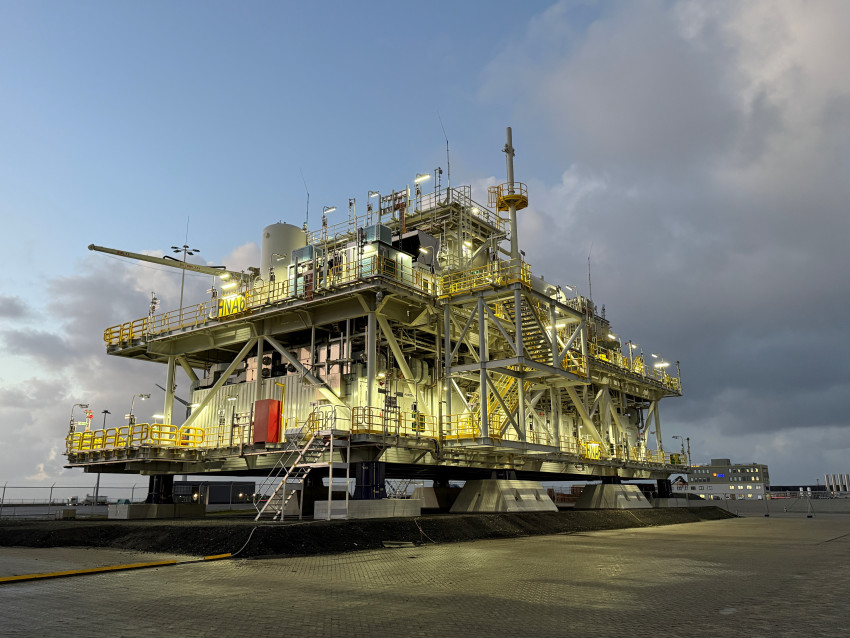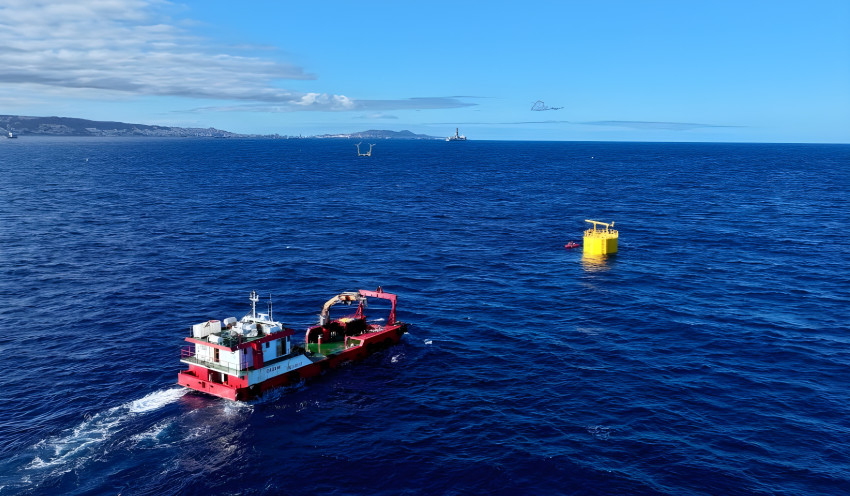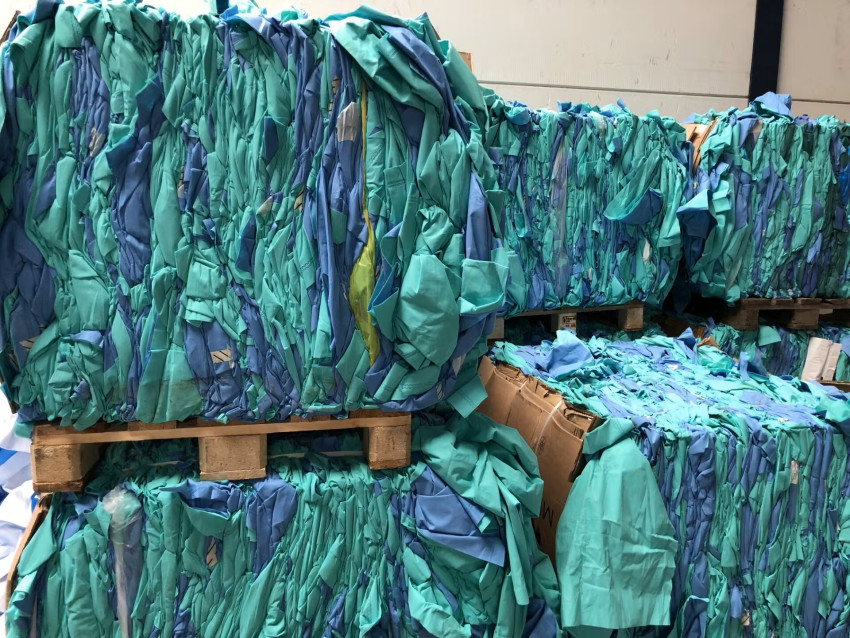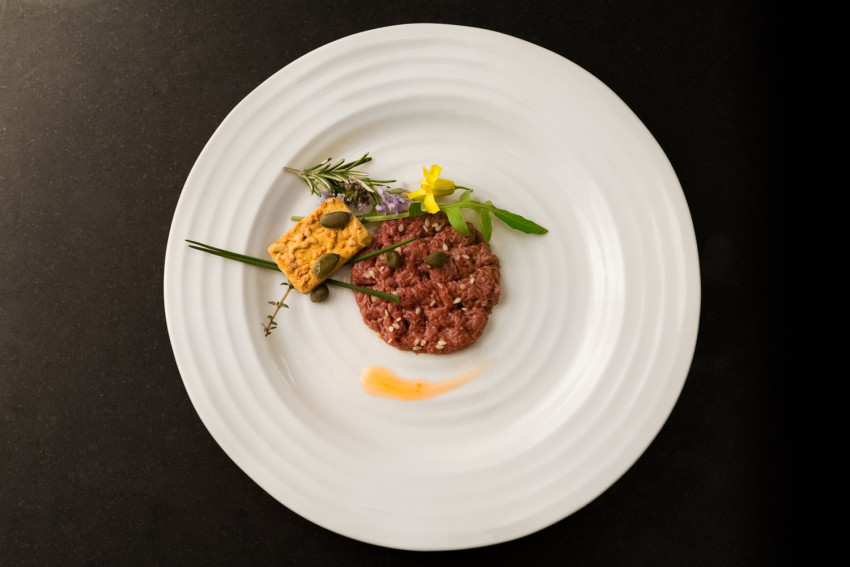
Cultured meat raises millions
Maastricht-based Mosa Meat has raised 7.5 million euros for the further development of cultured meat. This is to result in a pilot factory in 2021, to produce cultured meat for high-end restaurants.
The company announced this on 17 June in a press release. One of the main financiers is the Swiss company, Bell Foods Group. This is the largest meat processing company in that country and, according to CEO Peter Verstrate of Mosa Meat, has a vast amount of know-how when it comes to meat. Mosa aims to make use of that knowledge to process and market the meat.
MUCH TOO EXPENSIVE
A long road lies ahead. The meat production first needs to be moved from the lab to the factory. The very first cultured meat burger cost a quarter of a million euros in 2013. It was the result of research by Professor Mark Post of Maastricht University. Cultured meat will need to become much cheaper if it is to compete with standard meat.
That is only possible by upscaling the technology, which has been the focus at Mosa Meat since 2013. Initially, the company worked with seed money, now followed by serious investments by companies hoping for an eventual return on their investment. Bell Foods is joined by a large US venture capitalist providing finance.
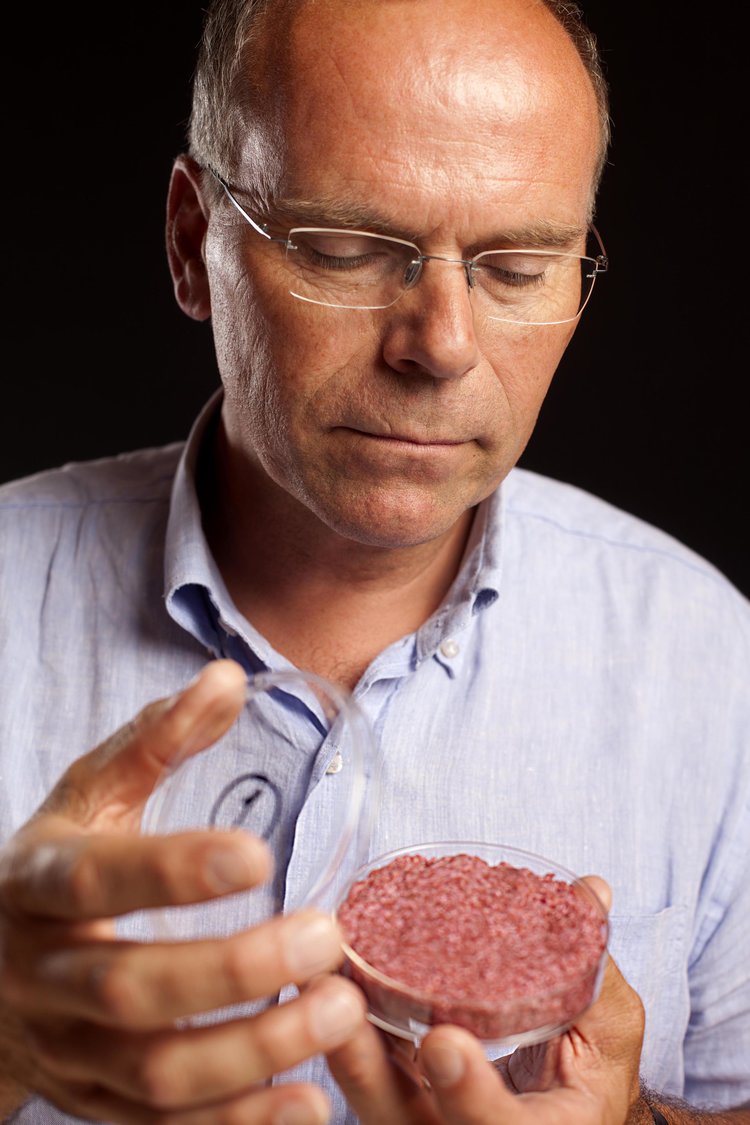
BEEF
The pilot is expected to be focused on beef. In an earlier interview, Post explained to De Ingenieur that the greatest effect of in-vitro 'growth' of meat will be in terms of the environment. Moreover, beef is generally expensive, so the high costs of cultured meat will be relatively acceptable. 'The number of cattle farmed can be 10,000 times smaller once cultured meat gets off the ground,' explains Post. At the same time, he does not expect cultured meat to ever become as efficient as chicken production, so the chicken industry will continue to be necessary.
The pilot plant will not be large enough to supply the whole market with cultured meat. Moreover, the meat will be very expensive for the time being. Mosa Meat therefore wishes to initially aim at the 'high-end segment': luxury restaurants that can use the novelty factor of cultured meat to attract customers who are not bothered by the high price to be paid for a piece of (cultured) meat.
Image: Mosa Meat
If you found this article interesting, subscribe for free to our weekly newsletter!

